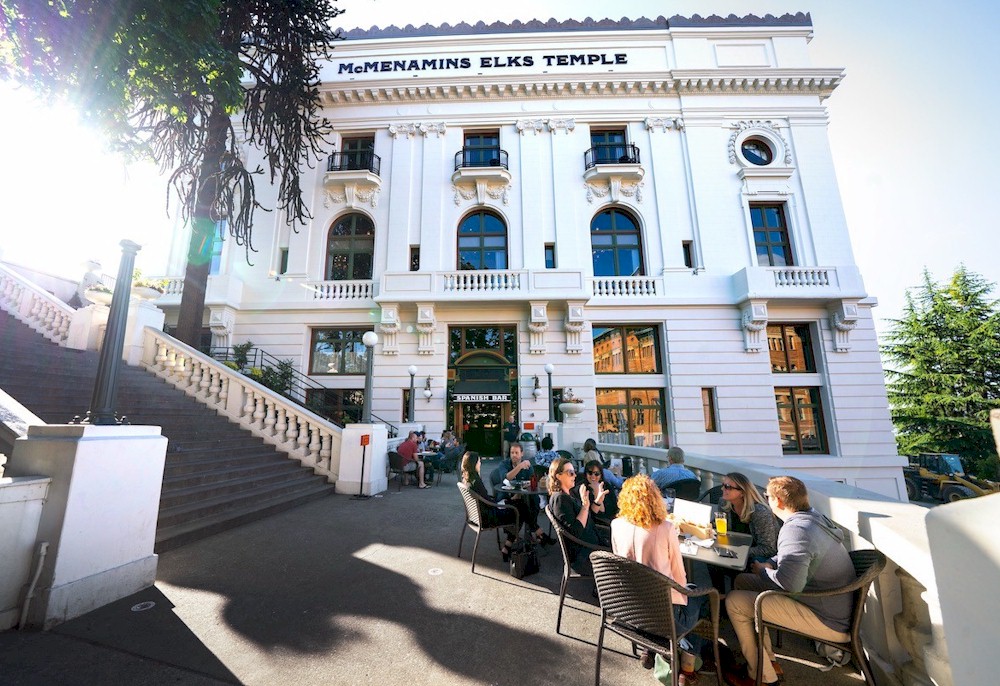

Legislation is being passed worldwide that seeks to protect consumer privacy; most notably, the California Consumer Privacy Act (CCPA) and European Union's General Data Protection Regulation (GDPR). Hoteliers, these laws may well apply to you, even if you don't have any properties located in the Golden State or EU. Long story short, for those in the hospitality space, If your bookings include CA or EU resident, you must be mindful of how guests' personal information and data are collected, processed, shared and retained, and poised to implement comprehensive data privacy programs at an organization-wide level to ensure legal compliance. As for the latter, if you haven't done so already, the time is now. READ MORE













